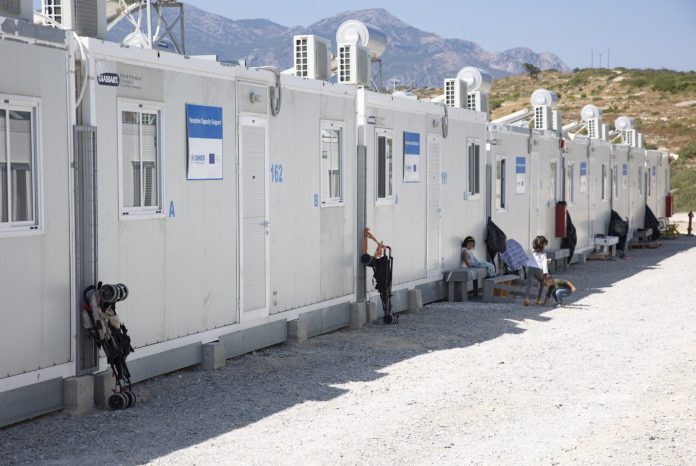Support for refugee camps
UN peacekeepers are often there to protect the camps in which refugees must live. When they are left without access to such basic necessities as food, water, sanitation and health care, the UN family provides it. Much of this support is provided through the United Nations humanitarian action machinery. The Inter-Agency Standing Committee (IASC), through its “cluster approach”, brings together all major humanitarian agencies, both within and outside the UN system, for coordinated action.
UNHCR is the lead agency with respect to the protection of refugees and the internally displaced. Along with the International Organization for Migration (IOM), it is the lead agency for camp coordination and management. And it shares the lead with respect to emergency shelter with the International Federation of Red Cross and Red Crescent Societies.
The Office of the UN High Commissioner for Refugees has twice been the recipient of the Nobel Peace Prize — in 1954 and most recently in 1981.
Climate change, natural disasters and displacement
In addition to persecution and conflict, in the 21st century, natural disaster (sometimes due to climate change) can also force people to seek refuge in other countries. Such disasters – floods, earthquakes, hurricanes, mudslides – are increasing in frequency and intensity. While most of the displacement caused by these events is internal, they can also cause people to cross borders. None of the existing international and regional refugee law instruments, however, specifically addresses the plight of such people.
Displacement caused by the slow-onset effects of climate change is largely internal as well. But through its acceleration of drought, desertification, the salinization of ground water and soil, and rising sea levels, climate change, too, can contribute to the displacement of people across international frontiers.
Other human-made calamities, such as severe socio-economic deprivation, can also cause people to flee across borders. While some may be escaping persecution, most leave because they lack any meaningful option to remain. The lack of food, water, education, health care and a livelihood would not ordinarily and by themselves sustain a refugee claim under the 1951 Convention. Nevertheless, some of these people may need some form of protection.
All of these circumstances – conflict, natural disasters, and climate change – pose enormous challenges for the international humanitarian community.
Events
As proclaimed by the General Assembly, World Refugee Day is observed annually on 20 June.
The UN General Assembly hosted a high-level meeting on 19 September 2016 to address large movements of refugees and migrants, with the aim of bringing countries together behind a more humane and coordinated approach.




